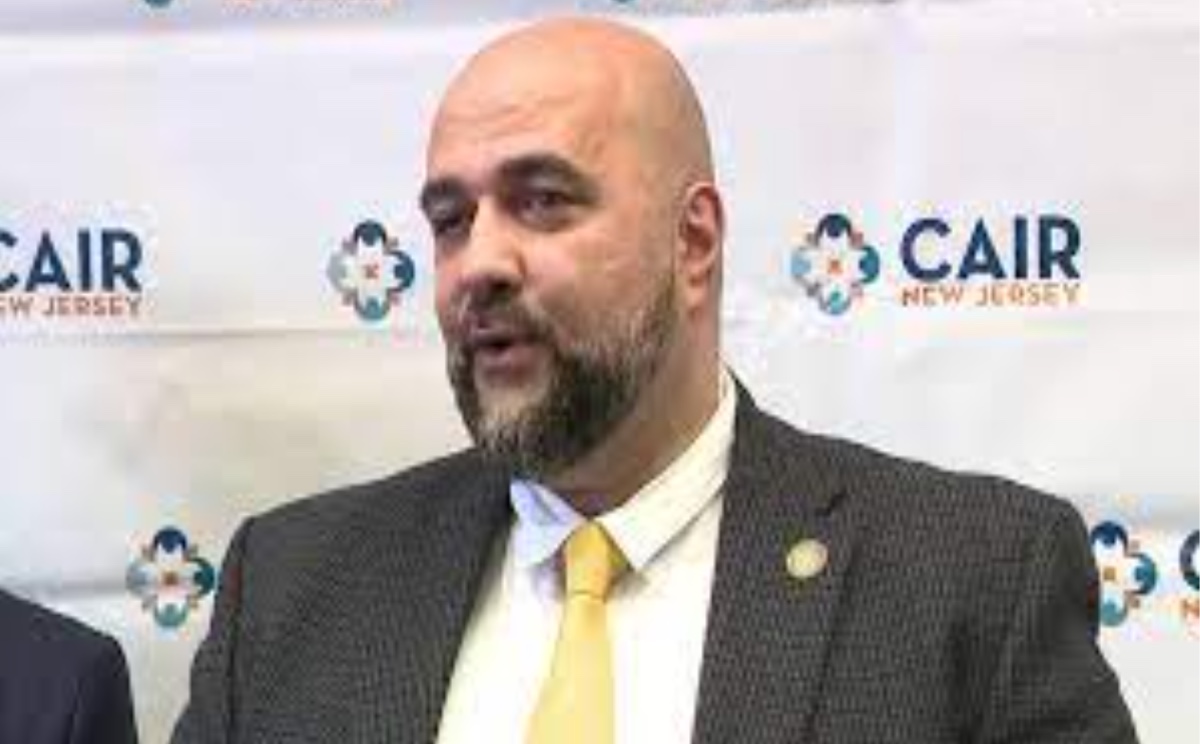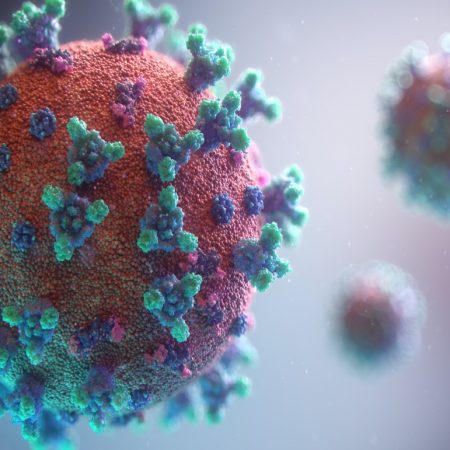Interview with Graffiti Artist Mohammed Ali
By Siddiq Ather, TMO
Mohammed Ali also known as Aerosol Arabic is a Muslim Graffiti artist who has gained attention worldwide, painting murals and conducting shows for peace, justice, and humanity. He was born and raised in Birmingham, England. He was involved with graffiti art during the eighties when it was spreading like wildfire across the U.K. His work has been displayed in a variety of exhibitions, and he has spoken at various artistic and academic venues.
Do you think the attitude towards graffiti has changed since the eighties?
They have and haven’t. You still hear the questions of whether graffiti is just vandalism or art. People like Banksy have targeted a whole different audience and shown the power of street art. The attitudes toward the art form have not evolved enough, but the art form hasn’t either. Many of the artists from this movement are not like Banksy. They are not trying to communicate to the mainstream.
Do you think art needs a purpose?
For me, it has to communicate something. Initially, I was just expressing myself: one’s identity, your name, or your tag. What’s the point of that? If I am painting a public space why should it just be a selfish expression? Why should I be expressing my name? Communication is paramount for me.
What is the value of graffiti art in society?
Who owns the public space? I suppose it’s the people. So, when I’m painting, I’m painting for the people. I need to be communicating something of value. In big cities we are bombarded by visuals and imagery by different useless commercial products.
For me, it is about taking ownership of the public space and offering, to the public domain, ideas that are beneficial for a progressive and positive society. In our lifetime we have seen the breakdown of certain values. I want to bring something back that will be of benefit to the people, me, as a Muslim, me, as an artist, and me, as human being.
How much of your art is for you and how much is for the audience?
For me, it’s for the audience. I paint for the people, really me getting any personal fulfillment from painting is like a bonus for me. I’m an artist, but I don’t do art for art’s sake, so art for the sake of mankind, I suppose. Art I hope will bring some good to society. It’s a channel for me to release my thoughts and ideas so people may benefit personally, spiritually, or otherwise.
Is art only meant for adding positivity to the world, and for the betterment of society?
Each to their own really. It’s fine that people want to express their color, art, and composition for their own personal benefit; I’m not going to criticize that. Certainly art has some therapeutic properties for personal benefit. There’s a space and need for that.
But I feel, as a Muslim, I also have a strong social responsibility. What did I do in this world if I leave, not if, when I leave I feel I am accountable. What did I do for my community and society at large? What would be the point if I left this world and didn’t do anything to benefit it?
How does being Muslim affect your art?
As a visual artist, graffiti and the Islamic art of written word were interesting. In graffiti art it was man. In the Alhambra Mosque in Spain, it was the word of God. When I rediscovered my identity as a Muslim, as a graffiti artist, I was blown away by the marriage and melding of the two art forms. I felt I could take the best of both worlds without conflict.
There are issues of drawing figurative forms. I do a lot of shadowesque silhouette forms of people. So I have found different ways of expressing things. It has made me think outside the box.
How has your outlook on art changed since you started?
I wasn’t one of those people mindlessly vandalizing property: painting an eyesore, with something of color. I have a social responsibility now. What kind of example would I be if I was painting walls illegally? So I’ll see a wall that’s ugly screaming to be painted, that’s someone else’s wall, anyone can tell you about painting someone’s wall without permission.
Before there wasn’t really a message, just a name, now the focus is on the message rather than selfish expression.
What keeps you going?
Feedback from people, whether it’s to know kids in Palestine were joyously talking about some wall painted in an English city, or seeing an old woman emotionally passing her hand over a load of painted bricks. Art has the power to change the world. I’ve seen how it can.
What is one of the most difficult moments as an artist?
Well the event with the Chicago mural was a challenge, being unable to complete it. Difficulties I face are a blessing. They give me encouragement to come back and do something bigger and better. I’m planning an event similar toâ€Writing on the Wall†with IMAN in Chicago, insha’Allah.
Where do you draw your inspiration?
Engaging with the people and traveling my travels. Historical figures: Malcolm X and Salahuddin, leaders who fought for justice. The prophets would be the best examples of course. What we are doing as artists and activists is a continuation of these people who fought and struggled, fought for justice, fought for bringing back values.
One of my favorite quotes is from the author George Orwell, he once said, “In a time of universal deceit, speaking the truth will become a revolutionary act.â€
How do you see yourself advancing in the future professionally, personally?
I established an organization called Soul City Arts, and have been programming and directing theatrical events with other artists. My arts organization in my city is called the Hubb Arts Centre. I want to continue collaborating with groups like IMAN. The scene of arts for social change is very small and people who work in this arena need to connect so they can effectively bring about social change. We have to think strategically and think where we want to be in ten years.
13-24



















2011
2,962 views
views
0
comments